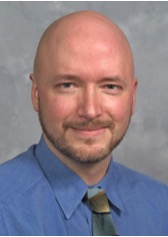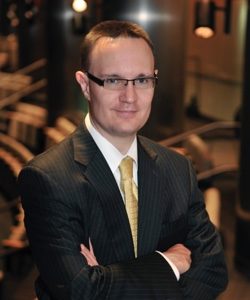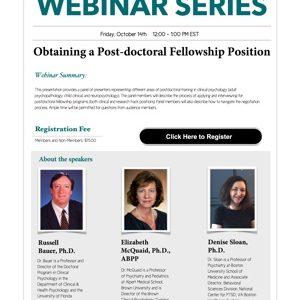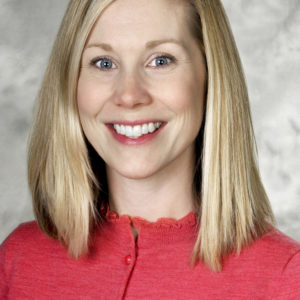Working Smarter, Not Harder: Evidence Based Assessment in Clinical Practice (With CE)
$40.00
Description
 Presenter: Eric Youngstrom, PhD
Presenter: Eric Youngstrom, PhD
Overview. This webinar will be conducted as something of a detective story. As clinicians we are often presented with clients who may come across at different moments as depressed, hopeful, anxious, giddy, shut-down, fearful, flat, or agitated. How we assess our clients guides our treatment plan. Working effectively with PTSD, for example, would differ from our approach to treating an individual with social anxiety or depression. Yet even experienced clinicians do not always see eye-to-eye on diagnosis. In this webinar, Eric Youngstrom illustrates the process of differential diagnosis by inviting us to engage in his gradually unfolding and transparent assessment of a particularly challenging case study. The content of the program is based on cognitive psychology investigating decision-making, as well as studies of the effects in medical settings. The presenter’s program of work has applied these principles to the assessment of mood disorders in children and adolescents, especially bipolar disorder, demonstrating large improvements in diagnostic accuracy and decreases in bias. These findings have been published in peer reviewed journals as noted below. Objectives. (1) How evolutionary cognitive shortcuts can lead to errors in diagnosis; (2) How validated checklists can protect us from bias; (3) How to combine assessment findings in ways that guide clinical decision-making about each case. About the Presenter. Dr. Youngstrom is a Professor of Psychology and Psychiatry at the University of North Carolina at Chapel Hill, where he is also the Acting Director of the Center for Excellence in Research and Treatment of Bipolar Disorder. He is the first recipient of the Early Career Award from the Division of Child and Adolescent Clinical Psychology, and is an elected full member of the American College of Neuropsychopharmacology. He has consulted on the 5th Revision of the Diagnostic and Statistical Manual (DSM-5) and the International Classification of Diseases (ICD-11). He chairs the Work Group on Child Diagnosis for the International Society for Bipolar Disorders. He earned his doctorate in clinical psychology at the University of Delaware, and he completed his predoctoral internship training at Western Psychiatric Institute and Clinic before joining the faculty at Case Western Reserve University. Dr. Youngstrom is a licensed psychologist who specializes in the relationship of emotions and psychopathology, and the clinical assessment of children and families. His research improves the use of clinical assessment instruments for making better differential diagnoses, predictions about future functioning, or monitoring of treatment progress – especially for bipolar disorder. CE Credits Available: 1






Reviews
There are no reviews yet.